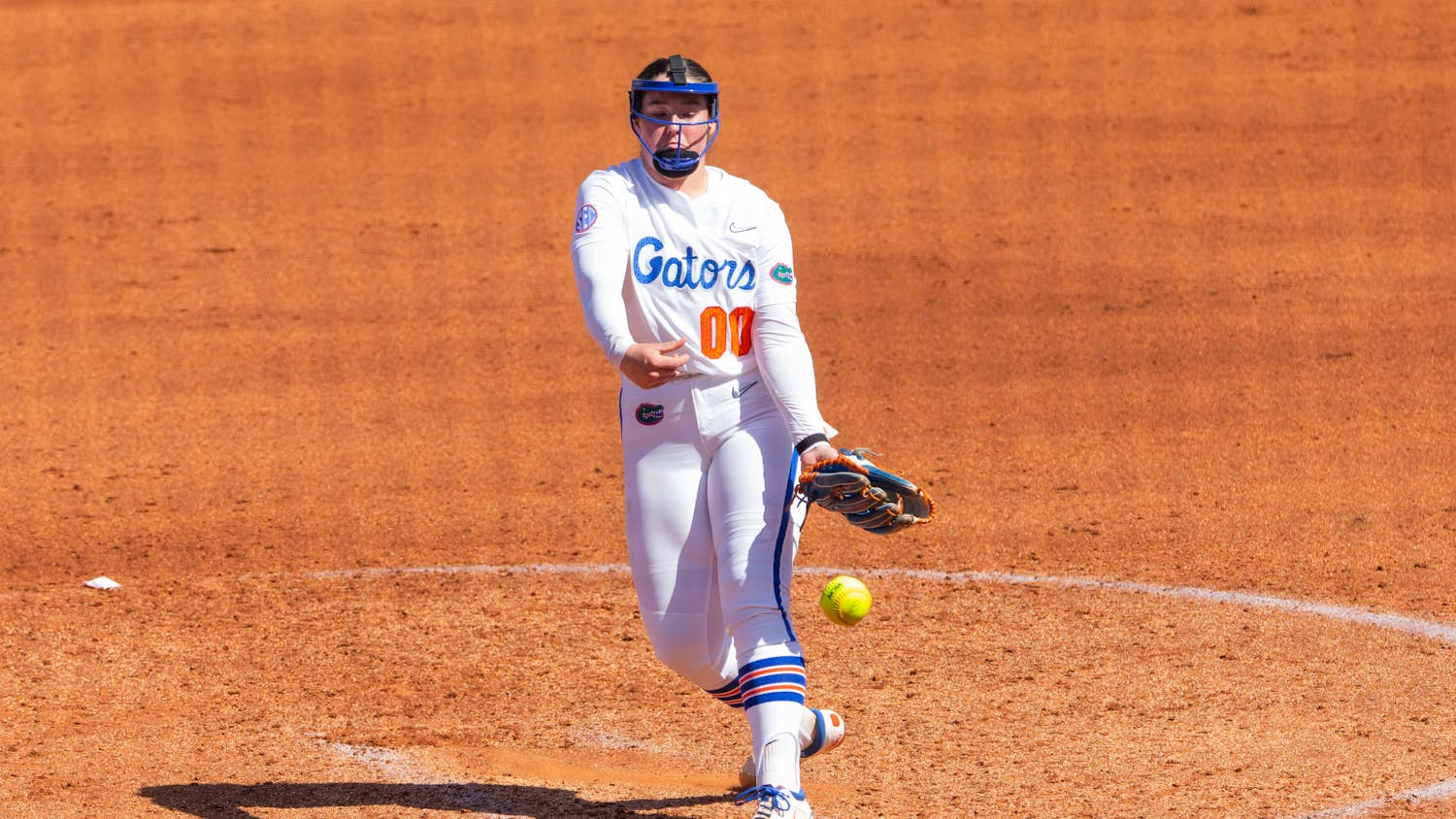Who is Joe Six-Pack? It's a question I've been mulling over ever since the term came up in last week's vice presidential debate. It's pretty clear what image the phrase is supposed to conjure up in the American psyche: He's the average Joe, the hardworking member of the middle class who kicks back with a beer after a long day of work.
Although this image is familiar to all of us, I doubt most people identify themselves in such generic terms as "Joe Six-Pack." What, then, is the psychology behind addressing a nation of average Joes rather than a nation of unique individuals?
Folksy appeal has long been an important element of American politics. We've elected frontier tough guys like Andrew "Old Hickory" Jackson and log-splitting, self-made men like Abraham Lincoln. We've appreciated the folksiness of Harry Truman's "The buck stops here" and the appeal to the common man in John Edwards's "Two Americas."
The populism that arose in this country in the late 19th century has had political reverberations ever since, producing political figures as distinct as Ross Perot and Ralph Nader.
We expect our politicians to have some understanding of the common man, some desire to transcend the concept both our major political parties have a history of berating: elitism.
Where should we draw the line between understanding the problems of the average American and over-generalizing these average Joes into a category of amorphous, Budweiser-guzzling football fans? Is this meant to imply that just because someone works a regular 9-to-5 job, he or she doesn't have hobbies or interests beyond drinking beer?
Maybe Joe Six-Pack is a computer whiz all his friends and colleagues turn to when their Internet breaks down.
Maybe he's an insomniac who reads oversized volumes on military history while the rest of his household is asleep.
Maybe he's a really good father who likes to build bottle rockets with his kids on the weekends.
Maybe he's a recovering alcoholic, or maybe he's struggling to support his widowed mother as she slowly sinks into the dementia of old age.
The point is the Joe and Jane Six-Packs who comprise the American middle class are a diverse group of people with a wide variety of political concerns.
I worry that in modern politicians' efforts to unite average Americans under terms such as "Joe Six-Pack," they risk labeling a large swath of our citizenry as mediocre. This prospect is especially disturbing considering the current state of the American image overseas.
Whether it's among our allegedly more cosmopolitan European cousins or those in the Middle East who find American culture distasteful, we are often considered an egomaniacal, trigger-happy, intolerant and anti-intellectual people.
The stereotype of American mediocrity even prevails here at home.
Perhaps we need to seriously confront the roots of this stereotype. Are we really a nation of Joe Six-Packs bent on the exultation of mediocrity, or have we allowed politicians to oversimplify our identities, thinking this action to be a necessary expense to pay in exchange for upholding some democratic ideal of commonality?
Can we find a way to speak to those common elements that the majority of the American public share without reducing those Americans to an undifferentiated, unthinking mass?
I don't know.
What I do know is that I'd be offended if anyone were to introduce me as "Susan Holcomb, just a regular Jane Six-Pack kind of gal." The Joe Six-Packs of this country are more than that, and I'd like our political leaders to address us with some sense of dignity.
Susan Holcomb is a student at the University of Maryland.





